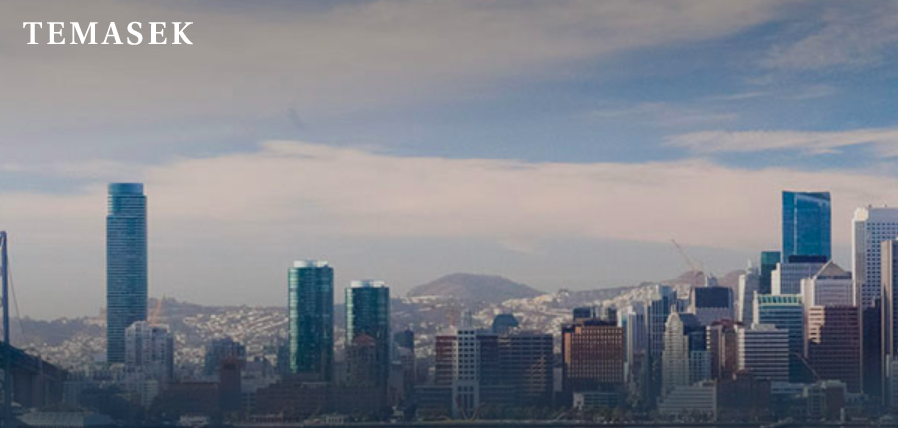Singapore—On Monday, October 21, Temasek Holdings placed a bid for an S$4.1 billion deal in an effort to gain control of Keppel Corporation, which would increase support for the conglomerate.
The state investor already directly owns over 20 percent of Keppel. Morgan Stanley is advising Temasek on the offer it has made to Keppel Corp.
In a statement regarding the offer, Temasek wrote, “Subject to certain Pre-Conditions, its wholly-owned subsidiary, Kyanite Investment Holdings (the “Offeror”), will make a partial offer to acquire an additional 30.55%1 of Shares in Keppel.
If successful, the Partial Offer will result in Temasek and the Offeror owning an aggregate 51% of Keppel.
The intention of Temasek and the Offeror is that Keppel will remain listed on the SGX-ST.
The Offer Price of S$7.35 per share is at a premium of approximately 26% over the last traded price, and approximately 21% over the three-month volume-weighted average price, prior to and including the Last Trading Date.
The Partial Offer represents an opportunity for Offer Shareholders to realise part, or potentially all, of their investment at a premium over the last traded price of the Shares.
The Pre-Conditions for the Partial Offer include domestic and foreign regulatory approvals being obtained. The Partial Offer will only be made if and when each of the Pre-Conditions is satisfied or waived (at the discretion of the Offeror). This process is expected to take several months.”
In the statement the President of Temasek International and Director of the Offeror, Mr Tan Chong Lee, said, “The Partial Offer reflects our view that there is inherent long term value in Keppel’s businesses, notwithstanding the challenges presented by the current business and economic outlook.
The Partial Offer can only be made after the Pre-Conditions have been fulfilled or waived and this may take several months. For the Partial Offer to be successful, it will require both majority approval by shareholding of the votes cast and acceptances of not less than 30.55% of the total issued Shares.”
Should the deal be finalized, Temasek will partner with the board of Keppel in order to carry out a strategic review of the businesses it owns.
Earlier on October 21, Keppels’ shares were halted for trading.
According to its website, Temasek is a global investment company headquartered in Singapore. It defines itself as “a generational investor, seeking to make a difference always with tomorrow in mind.”
Temasek’s investment activities are guided by “four investment themes and the long term trends they represent:
Transforming Economies—Tapping the potential of transforming economies like China, India, South East Asia, Latin America and Africa, through investments in sectors such as financial services, infrastructure and logistics.
Growing Middle Income Populations—Leveraging growing consumer demands through investments in sectors such as telecommunications, media & technology, and consumer & real estate.
Deepening Comparative Advantages—Seeking out economies, businesses and companies with distinctive intellectual property and other competitive advantages.
Emerging Champions—Investing in companies with a strong home base, as well as companies at inflection points, with the potential to be regional or global champions.”
Temasek has been given an overall credit rating of Aaa/AAA by Moody’s Investors Service (Moody’s) and S&P Global Ratings (S&P) respectively. -/TISG
Temasek CEO says nuclear power, which was once deemed “too risky” for Singapore, is much safer now

